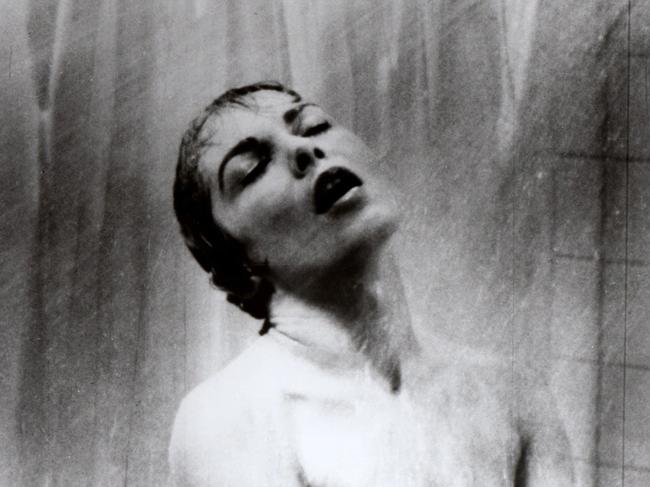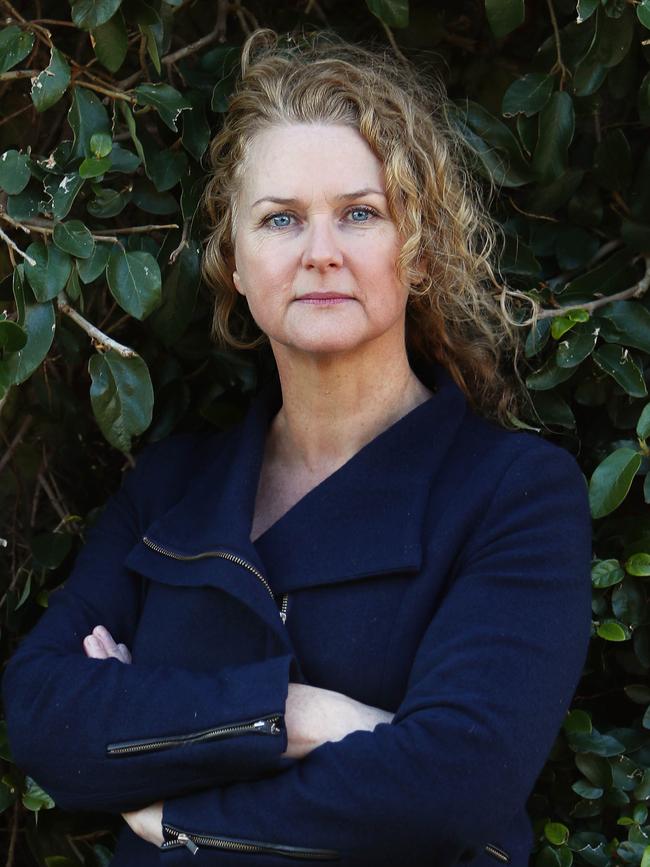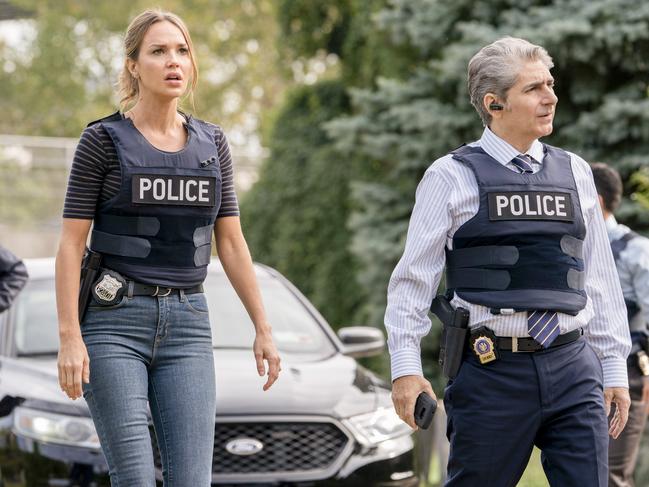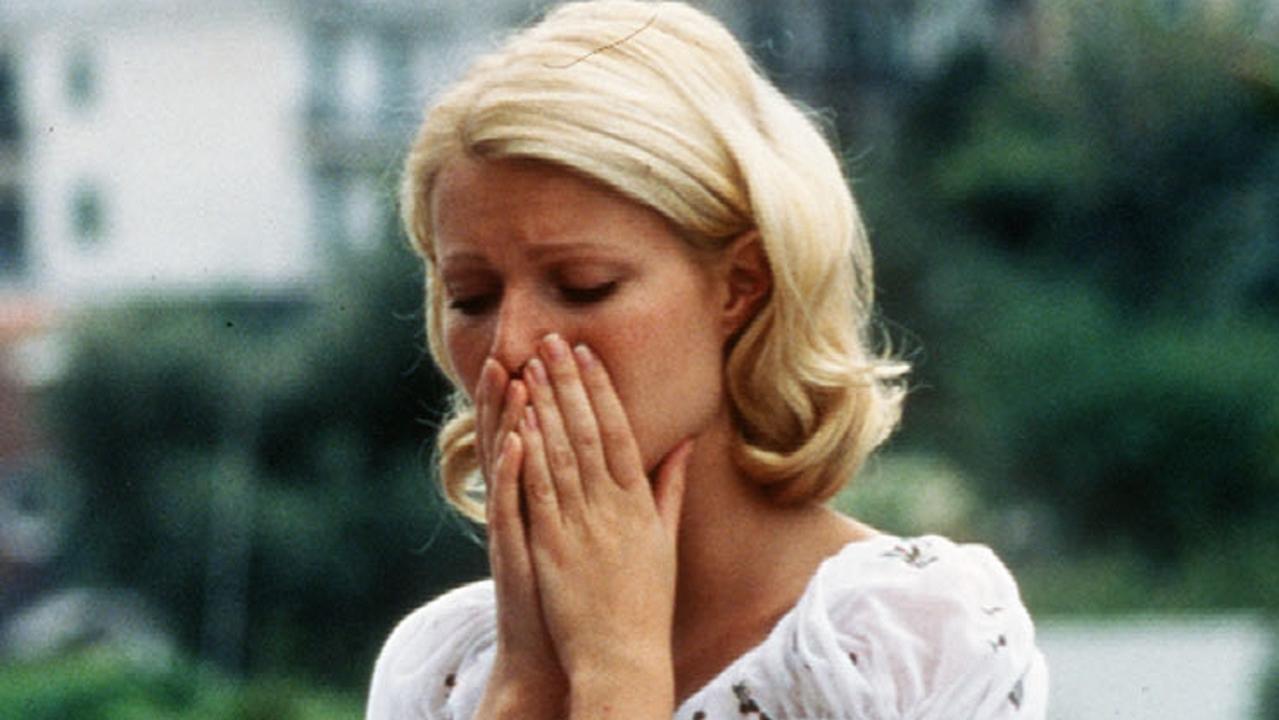Bestseller Jeffery Deaver reveals why prime crime pays off — and the authors he loves to read
We love twisted tales about bad people doing bad things and now a world-famous crime author has shared his theory on why, while name-checking Aussie writers he says are at the top of the game.
Books
Don't miss out on the headlines from Books. Followed categories will be added to My News.
He’s made his living from crime (writing about it, not committing it) with 50 million books sold worldwide – so US author JEFFERY DEAVER knows better than most why we love thrillers about the dark side of life. Do you agree?
When I was a boy my parents had a curious rule in the household. My sister and I could read any book we could get our hands on but there were certain movies we were forbidden from watching.
Curious I say, because in the 1950s there were few films worse than what we’d today call PG-13 (Disney with an edge, you might say). But books? I was able to browse through the most risqué on my parents’ shelves, including Anais Nin and Henry Miller (neither of which featured car chases, so why bother?).

But the bottom line was that reading was encouraged and accordingly I read.
Nonfiction military and history, nineteenth century sea battles, Roman conquests, horror, fantasy, Sc-Fi, Westerns, the more-popular classics (Count of Monte Cristo, yes; Remembrance Of Things Past, no).
But crime fiction was what I returned to. Agatha Christie, Conan Doyle, George Simenon, Dashiell Hammett, Patricia Highsmith, James M. Cain, Jim Thompson, John D. Macdonald, Ian Fleming. I would slide seamlessly from one extreme of the genre-metre to the other: Golden Age mysteries to the pulp fiction of Mickey Spillane.
At the time, all I knew was that while I constantly spent my afternoons with Holmes and Watson, Marple and Travis McGee, I was less engaged with other types of tales (the exception being, of course, Lord of the Rings; I can recite Elvish. Enough said.).

It took my becoming an author myself to understand why I found crime preferable to other genres. First, it’s grounded in the real world. Mars, Pellucidar (Edgar Rice Burroughs’s world in the Earth’s core), 1800s Arizona, the haunted house, alternate dimensions require that imaginative leap, which, however minutely, distances the reader from the clutch of the story (the exception being, of course, Middle Earth; did I mention Elvish?).
The villains and heroes of crime fiction, however, are surrogates for the villains and heroes of our real life. Forgive the spoiler, but there are no goblins or ghosts in your closet. Or Comanche warriors in your back yard. Or aliens beaming down from distant planet Xantar to ray-gun you to death. But that serial killer, that psycho, that mugger, that attacker, that terrorist as a character in a crime novel reflects an identical baddie we might run up against at any time in the mall or the deserted street late at night.

Perhaps this explains why The Maltese Falcon, Psycho and The Bad Seed still grip us sixty years on while – alas – Santa Claus Conquers the Martians does not.
The second reason why I enjoyed reading – and writing – crime is the magical phrase that I hinted at above and should be the goal of commercial (dare I say all) fiction: emotional engagement.
A novel or short story must grip us by the throat and heart and gut and not let go until the last page (and ideally long after). This is done by asking questions and presenting conflicts to our characters (good and bad) throughout the story. The convention of crime fiction brings a triple threat to that game. We are driven forward by the crime story itself (stop the serial killer, find the ticking bomb), by the soap-opera stuff (will Detective Sarah leave her inattentive husband?) and by social and geopolitical issues (is the villain pumping toxic waste into the city’s water supply?).


I’m told that stories set in places like Westeros and Hogwarts attract a pretty good readership, so we can temper my remarks accordingly. But on the whole I’d vote for reading about a gumshoe, a serial killer profiler or a spy plying their trade on the streets of Real Town, USA.
Which begs the question: Whom do I read? Here’s a highly selective list: Considering my audience, I’ll start with some Australian writers I’ve enjoyed: James Phelan, Jane Harper, Peter Temple, Candice Fox and Emma Viskic. In Europe and the UK: Ian Rankin, Val McDermid, John Connelly, Abigail Dean, Sophie Hannah, Richard Osman, Rebecca Kuang, Denise Mina, Michele Giuttari. In the US: Michael Connelley, Don Winslow, Gillian Flynn, Attica Locke, Dean Koontz.

Jeffery’s next book, The Watchmaker’s Hand – a thriller starring criminologist Lincoln Rhyme – is out on November 29 and is available to pre-order now.
Tell us which crime writers you love, and why, at The Sunday Book Club group on Facebook.
And if Aussie historical fiction is more your thing, check out our Book of the Month: Tania Blanchard’s A Woman Of Courage, which you can get for 44 per cent off the RRP at Booktopia.



